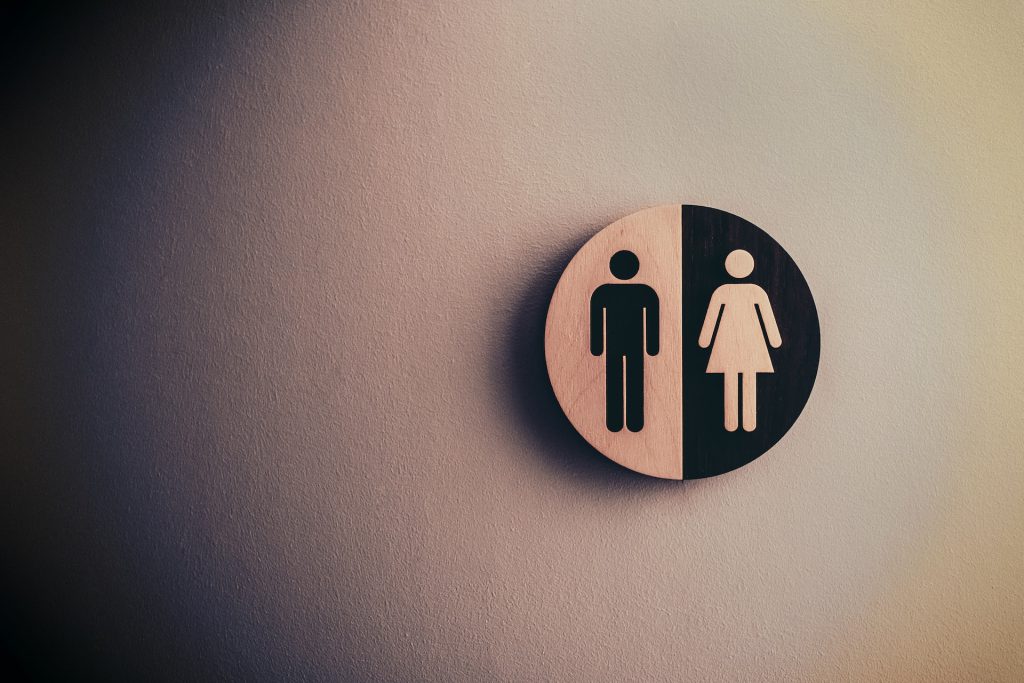What is Involved in Urology?

Collaborative Post
Urology, a medical speciality often less understood than its counterparts such as cardiology or neurology, plays a vital role in our health system. This field centres on the male and female urinary tracts as well as the male reproductive system. The professionals working in this field, known as urologists, diagnose and treat various conditions related to these systems.
Defining Urology
Urology encompasses a wide array of sub-disciplines, each one focusing on a different aspect of the urinary or reproductive systems. This includes paediatric urology, urologic oncology, renal transplantation, male infertility, and many more. Urologists also deal with diseases that involve the kidneys, ureters, bladder, urethra, and male reproductive organs.
The Role of a Urologist
A urologist’s, like Urocare London, role is not limited to treating infections or diseases of these organs, but they also perform surgical procedures when required. They may remove kidney stones, treat cancerous growths, address incontinence, or rectify congenital disabilities. Urologists also help patients dealing with infertility and sexual dysfunction. They are equipped to handle issues across all age groups, from children with bed-wetting problems to elderly people with urinary incontinence.
Conditions Treated in Urology
The conditions that fall under urology can be divided broadly into several categories. Infections, such as urinary tract infections, involve bacteria infiltrating any part of the urinary system. Another prevalent condition, incontinence, results from the loss of control over the urinary bladder.
Kidney diseases, including kidney stones or kidney failure, are also under the domain of urology. Cancer of the bladder, kidneys, or prostate is another significant aspect that urologists deal with. They play an indispensable role in diagnosing these conditions early and providing comprehensive treatment.
Male-specific conditions, such as erectile dysfunction, prostatitis, or male infertility, are other areas where a urologist’s expertise is required. Despite being less talked about, these conditions significantly impact the quality of life and thus require proper attention and care.
Diagnostic and Treatment Procedures
A variety of diagnostic procedures are utilised in urology. These range from simple urine tests to more complex imaging tests such as ultrasounds, CT scans, or MRI scans. Urologists also perform cystoscopies, which involve the use of a scope to see inside the urethra and bladder.
Treatments in urology depend on the nature and severity of the condition. It could involve medication, surgical procedures, or sometimes even lifestyle changes. More advanced interventions include robotic surgery or laser treatments for conditions such as prostate enlargement or cancer.
The Importance of Urology
While it may not garner as much attention as some other medical fields, urology remains a crucial part of healthcare. Urological health directly affects an individual’s quality of life. Ignoring problems related to the urinary or reproductive system can lead to severe complications.
Moreover, the importance of regular check-ups with a urologist, especially for men over 50, cannot be overstated. Early detection and treatment of conditions such as prostate cancer can make a significant difference in outcomes. The field of urology continues to advance with emerging technologies and treatment approaches, paving the way for better patient care and improved health outcomes.
Photo by Tim Mossholder on Unsplash
